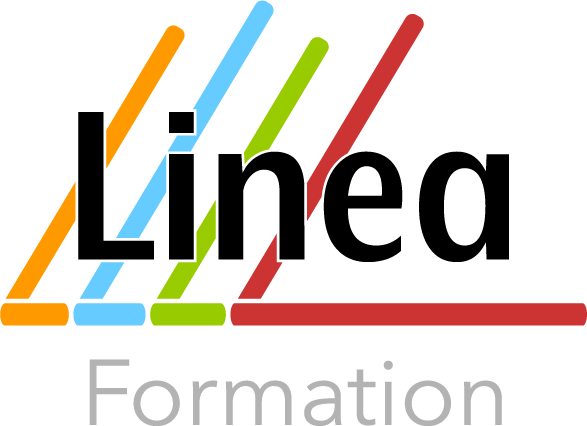Personal care assistants: everyday heroes who put a smile on your face
In the vast field of healthcare, personal care assistance is an essential link that is often overlooked. These dedicated professionals, through their daily actions, have the power to put a smile back on the faces of those in need of care and provide invaluable support. Through their daily actions, they touch the very heart of humanity, revealing the incredible power of compassion and empathy. Expertise at the service of health Personal care is more than just assistance. It requires genuine expertise in the field of healthcare, an in-depth understanding of patients' specific needs and the ability to adapt care accordingly. These professionals are trained to respond to medical challenges, but also to provide psychological support to patients and their families. Emotional impact: Beyond care What really sets personal care assistants apart is their ability to forge strong bonds with patients. Their role goes far beyond the simple medical act. They provide a listening ear, a reassuring presence and moral support. In many cases, they become a real breath of fresh air for patients who are isolated or in distress. A pivotal role in the care process A patient's care process is often complex, punctuated by medical interventions and consultations. Personal care assistants play a pivotal role in ensuring continuity of care, ensuring that medical prescriptions are followed and liaising with other health professionals. A profession at the heart of humanity Personal care assistants are much more than just service providers. They embody humanity at the heart of the medical sector, putting their expertise at the service of the most vulnerable every day. Recognising and valuing their work is essential to guaranteeing quality care and putting a smile back on the faces of all those who need it. Personal care assistance is not just a profession, it's a true vocation, a quest for humanity at the heart of the medical world. If this mission to put a smile back on your face, to support and accompany, resonates with you, you should know that the path is accessible. Training is an essential part of mastering the necessary skills and developing this noble profession. Thanks to Linéa Formation, you can receive rigorous, high-quality training tailored to the demands of today's profession. Join us and become the next heroes of everyday life, the caring sentinels who bring light and comfort to those who need it most.


